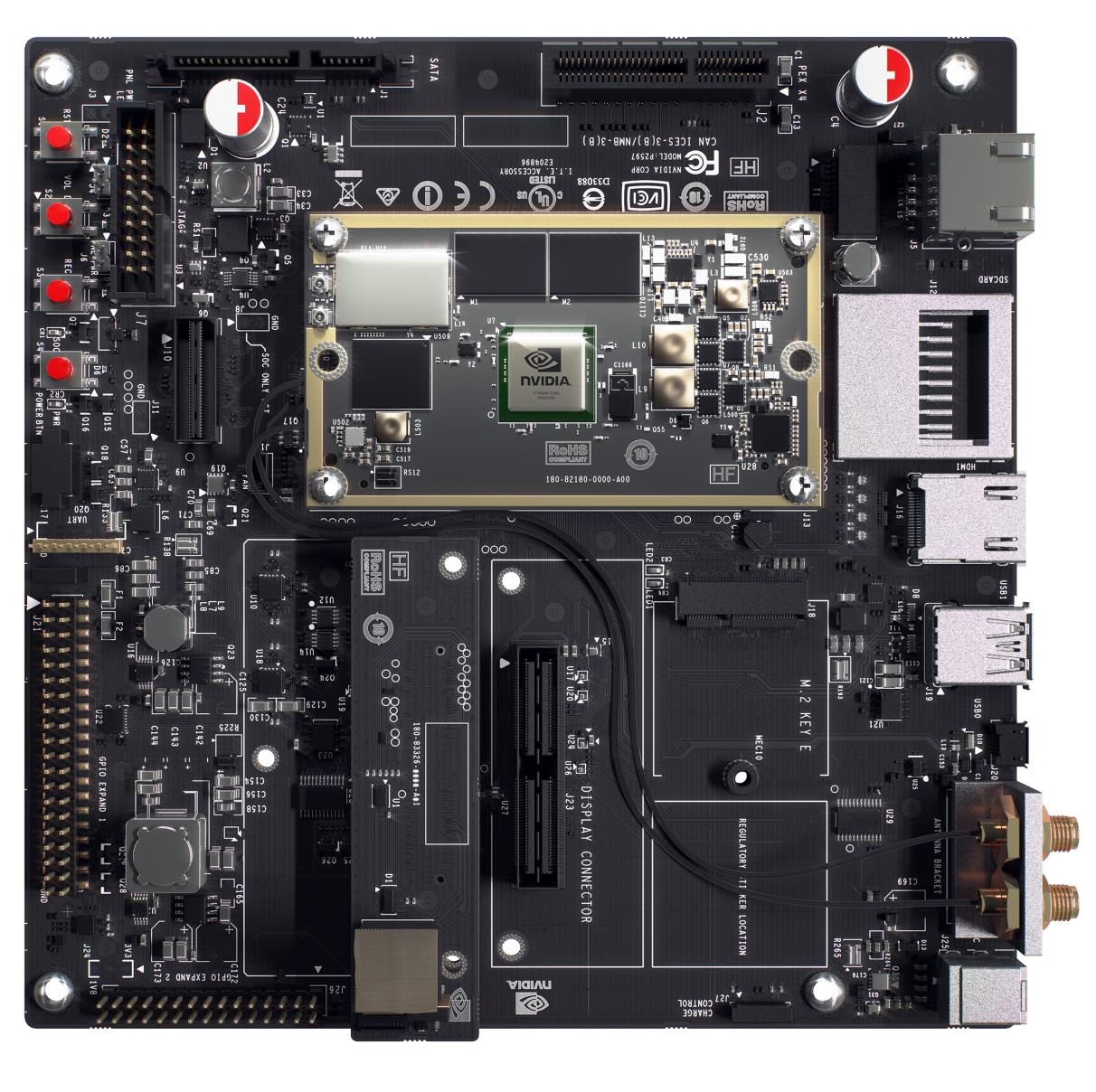Nvidia's ARM Jetson TX1 can actually compete with an Intel i7-6700K

Nvidia has announced the Jetson TX1, a 64-bit ARM board. Yeah, we know: ARM processors are for phones and tablets, not full PCs. But before you switch off, pay some attention to the TX1: it seems like the gap is rapidly closing between ARM and x86, which has been the go-to for computing for decades. According to Phoronix, Nvidia is even saying that the Jetson TX1 matches up to an Intel Core i7 6700K in some aspects of its performance.
When the Jetson TK1 came out last year, it appeared that developers were using it as a production board. Now, after Nvidia announced the Tegra X1 (currently being used in tech such as Nvidia Shield), it is going to be releasing a Jetson based on that, which the company claims will have two to three times the performance of the TK1. According to AnandTech, the Jetson TX1 comes as a standalone module with a separate carrier board for I/O.
Attached to the board is 4GB of memory, a 16GB flash module, a 2x2 802.11ac plus Bluetooth wireless radio, and a Gigabit Ethernet controller. The complete TX1 system is on a chip that's a bit smaller than a credit card. The separate I/O carrier board contains all sorts of connectors that will be useful for developers.
The JTX1 runs on Nvidia's Maxwell architecture, and contains 256 CUDA graphics cores offering over 1TFLOPs of performance. Nvidia is targeting deep learning, computer vision, and GPU computing with this new board. This means that compute-intensive of an application can be passed off to the GPU, rather than bogging down the CPU. Basically, applications will run more efficiently, which is good news for gamers. You won't just be able to slap a Windows install on it right away, but it could pave the way for cheap, all-in-one Linux gaming systems. Or even the return of Windows RT, but actually good this time?
Nvidia is currently taking pre-orders for $600, with the Jetson TX1 and the full development kit expected to start shipping on November 16. The standalone TX1 module will go on sale in Q1 2016, and will be available for $300 (in quantities of 1,000).
Keep up to date with the most important stories and the best deals, as picked by the PC Gamer team.

